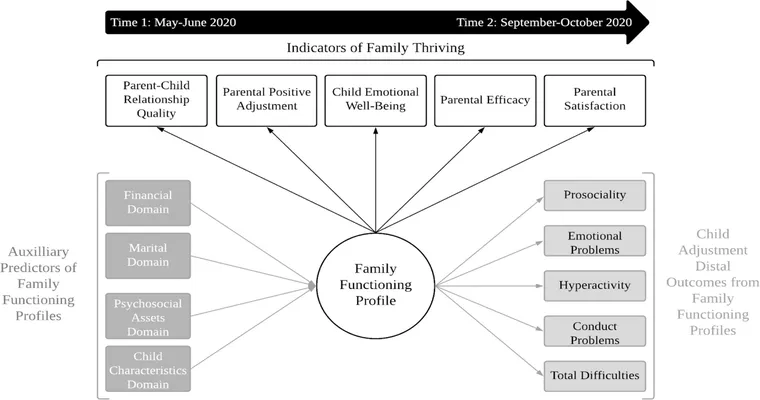The "sense of smell" is a crucial aspect of our daily lives, influencing our taste, safety, and even our emotional well-being. However, many elderly individuals experience changes in their olfactory function due to various factors, including the use of certain "medications". Understanding how these meds can impact the "sense of smell" in the elderly is essential for caregivers, healthcare providers, and the aging population itself.
As people age, they often take numerous "medications" for chronic health conditions such as hypertension, diabetes, and arthritis. While these drugs can be beneficial for managing health issues, some can adversely affect the "sense of smell". Common categories of medications that may lead to olfactory changes include:
1. "Antidepressants": Some antidepressants, particularly those that affect serotonin levels, have been reported to interfere with the "sense of smell". These medications may alter the way the brain processes olfactory signals, leading to a diminished ability to detect odors.
2. "Antihistamines": Often used for allergies, antihistamines can dry out the mucous membranes in the nose, impairing the "sense of smell". This drying effect can prevent the olfactory receptors from functioning optimally, resulting in a reduced ability to perceive scents.
3. "Blood Pressure Medications": Certain medications prescribed for hypertension, such as beta-blockers and ACE inhibitors, have been associated with changes in the "sense of smell". These effects may be due to the way these drugs interact with blood flow to the nasal passages, impacting olfactory function.
4. "Chemotherapy Drugs": For elderly cancer patients, chemotherapy can lead to significant changes in the "sense of smell". These drugs can cause damage to the cells responsible for olfaction, resulting in altered or diminished smell perception.
5. "Parkinson's Disease Medications": Patients with Parkinson's disease often take medications such as levodopa, which can also affect olfactory function. The disease itself is known to cause changes in the "sense of smell", and the treatment can further complicate these effects.
6. "Narcotics and Pain Relievers": Opioids and certain other pain medications can lead to a reduced "sense of smell" due to their sedative properties, which may affect the central nervous system's processing of olfactory information.
It is essential for elderly individuals and their caregivers to be aware of these potential side effects. If someone notices a decline in their "sense of smell", it is crucial to consult a healthcare provider. This professional can review the current "medications" and assess whether any adjustments can be made to mitigate the impact on olfactory function.
In conclusion, while many elderly individuals rely on various "medications" to manage their health, it is important to recognize that some of these drugs can negatively affect their "sense of smell". Awareness of this issue can lead to better management strategies and improved quality of life for seniors. Regular communication with healthcare professionals about any changes in sensory perception can help ensure that the medications prescribed are both effective and considerate of the patient's overall well-being.





